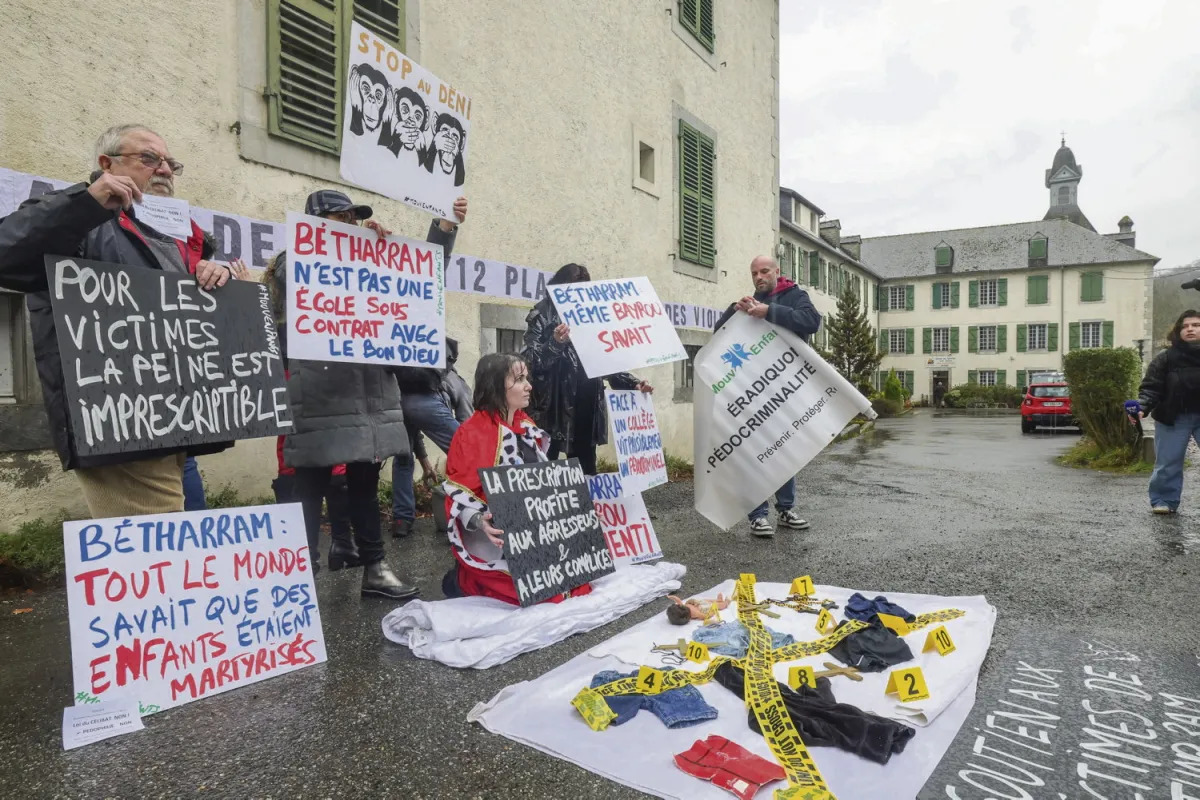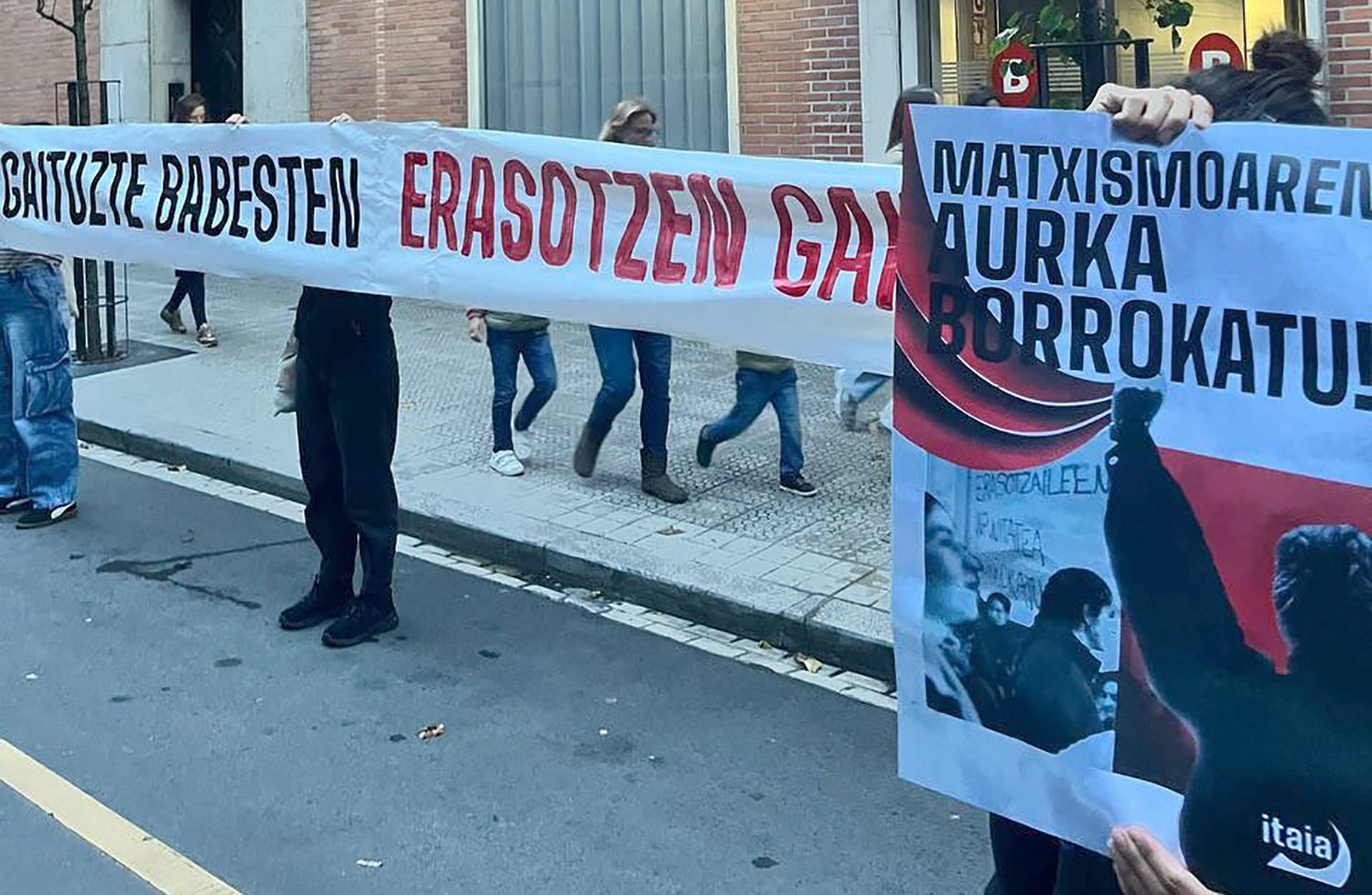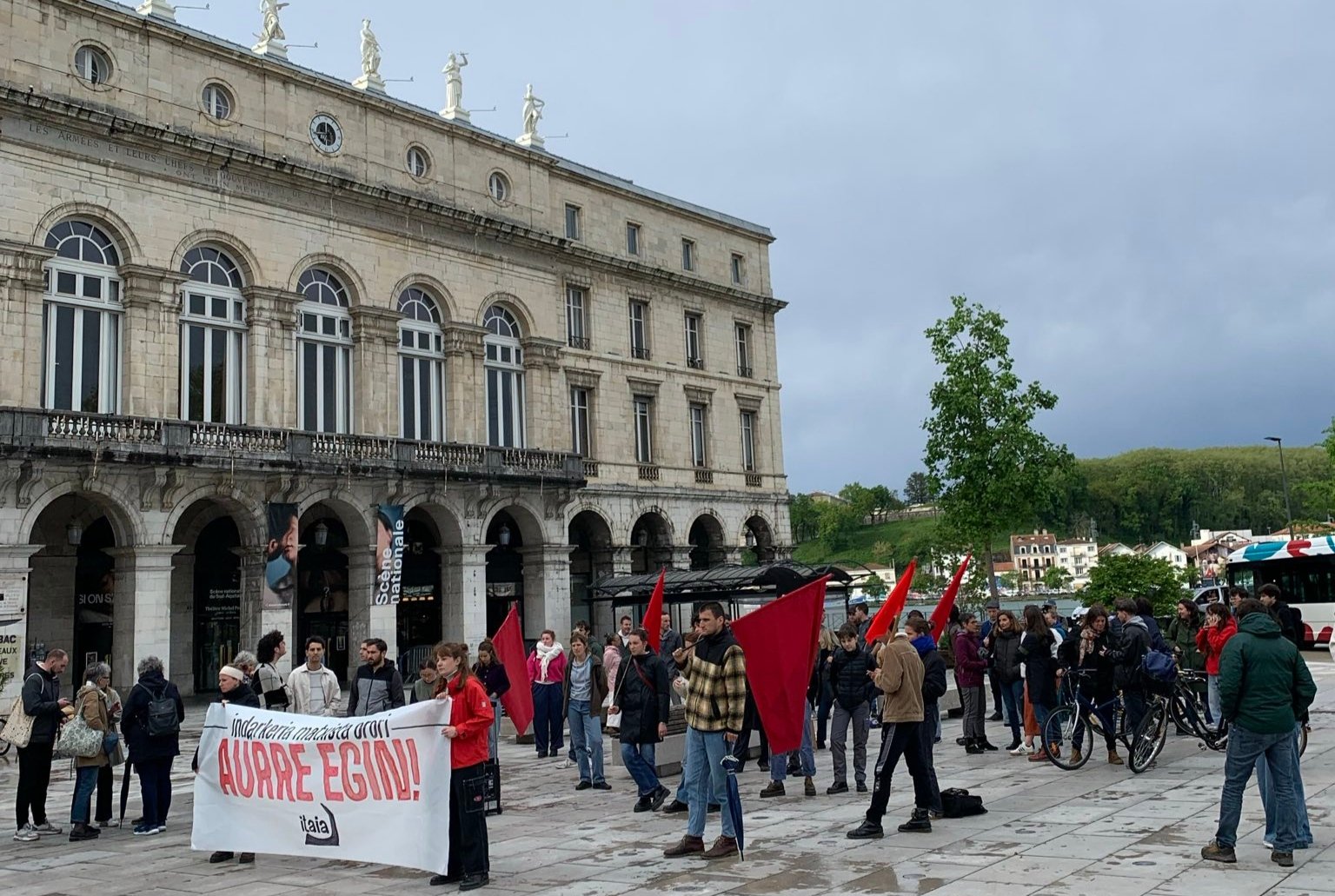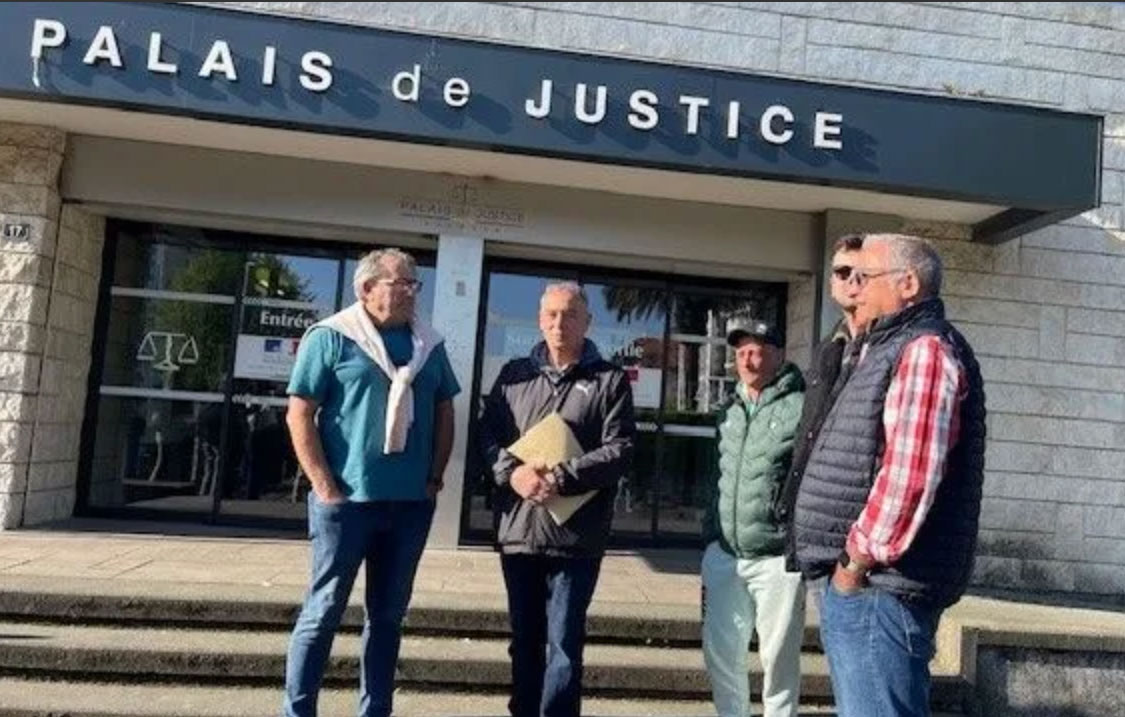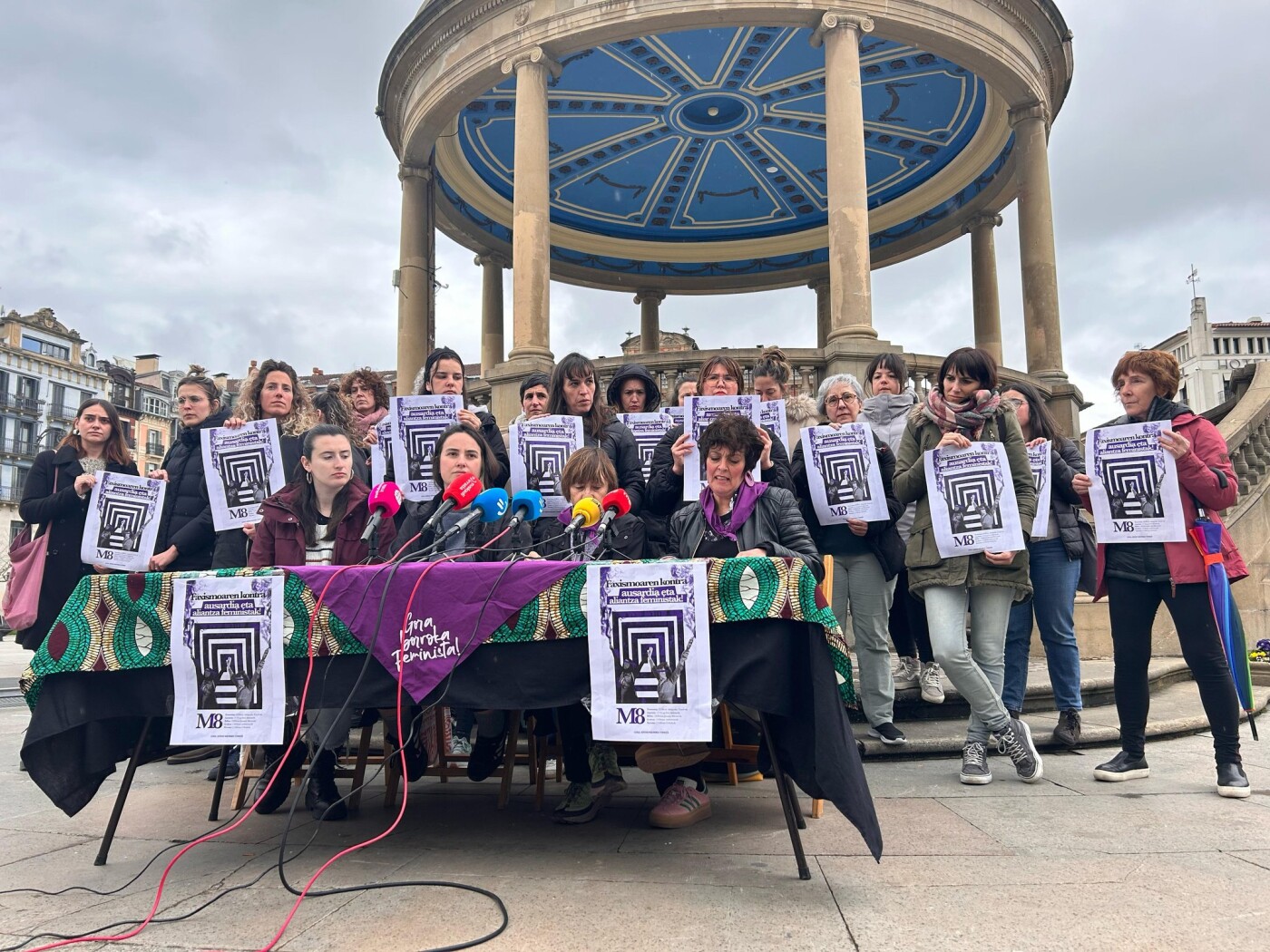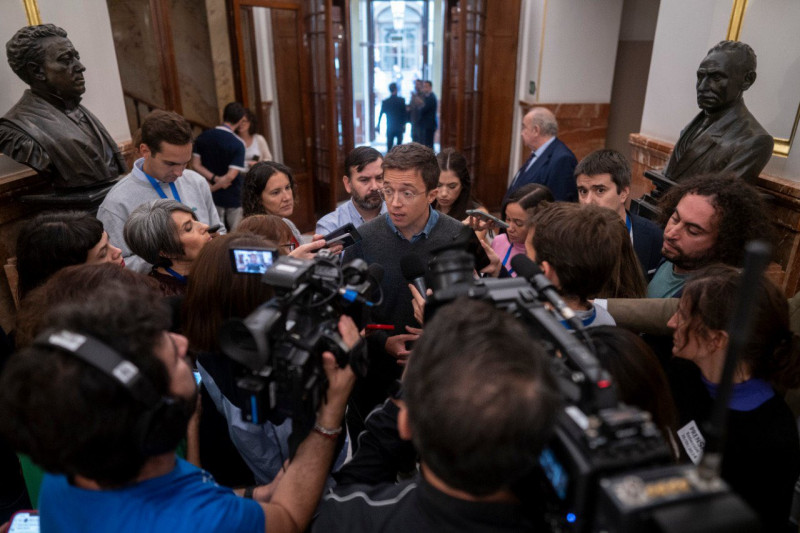
Since 24 October, Iñigo Errejón has been named head of the line of all the media in the Spanish State, and his name has been used to date, right and left. It has achieved a very rare media noise, and it seems that the echo is going to take a long time. Now we all have something to say about machismo.
Errejón resigned after the publication on social networks of a letter full of euphemism and irresponsibility. He did not recognize that his decision was due to an accusation of sexual assault, but assured that he had the need to leave behind the “demands” of institutional policy to develop a personal process of psychological accompaniment. In pompous words, he said that power and fame overwhelmed him, which is precisely one of the keys to the case: the violence that is exercised in power and from power. Since then, the debate has been entering an endless spiral, but a clear message in mainstream media is that feminism has won.
What? What has feminism gained? Show Errejón as a monster and not only from the front line, but also from society? To point out a male chauvinist in this gigantic heteropatriarchate and “give him what is deserved”? To show that on the left too – surprise! – is there machista violence? Some have welcomed the incorporation of feminist discourse into mainstream media. There is the trap: these days interested speeches are being disseminated, disguised as feminism, explaining to women and victims how they should act.
If feminism is something, it is a movement of empowerment and liberation that moves away from paternalism and is based on solidarity. But with the case of Errejón it seems that some concepts have blurred. In order to give some light to the debate, the feminist collective Cantoneras has raised a reflection that is outside the general opinion and has claimed the need for women to abandon the role of victims: “We are not unprotected victims in all relationships, as you want to make them understand these days.” Among other things, this is the moral judgment against women. He reported, he went to court, you're a victim, he didn't shut you down, he assaulted you, the only way to make it public is to make it public. Yolanda Díaz herself has also been the driving force behind this message. Is that the achievement of feminism? Have we won for fear of sexual assaults? Without ghosts of outside judgments and courts, everyone should decide where the boundaries of sex are and communicate it to their partner. The problem is that men have not yet learned (want) to respect those limits and that the loss of power costs a lot.
In addition to the Tertullians who are issuing moral judgments clothed in feminism, fortunately some authors are pulling out of the vortex and offering more constructive perspectives in media such as Ctxt and ElDiario.es. There are reflections that must be brought to Euskal Herria and that can be the starting point for changing some dynamics. For example, it is revealing what the former Podemos charges say: That violence and verticality have been since the creation of the party. A group of journalists and analysts have left us a bunch of questions about power, left-wing violence and sex. It is much more interesting to approach it than to see the sexual violence exercised by Errejón, plagued by menudos and morbos.
Despite the fact that the courts resolve what is dictated against this powerful man, it is undeniable that we cannot question what was denounced by the victims and that all machist violence, even more so from the position of power, is utterly condemnable.
The feminists have not gained anything special with the Errejón case. Feminists continue to reflect and debate as always on nearby networks, on social networks free of the claws of fascists. Perhaps in these weeks we speak more from the womb than from the head, because Errejón has reminded us of that toxic relationship, the laborious process that we opened in the local cause by male violence, who told us in the office that progressive professor, or that left-wing slug that the whole crew supported. We are no longer surprised at anything.
Prentsaurrekoa eskaini dute ostegun honetan Marc Aillet Baionako apezpikuak, elizbarrutiko hezkuntza katolikoko zuzendari Vincent Destaisek eta Betharramgo biktimen entzuteko egiturako partaideetarikoa den Laurent Bacho apaizak. Hitza hartzera zihoazela, momentua moztu die... [+]
Antifaxismoari buruz idatzi nahiko nuke, hori baita aurten mugimendu feministaren gaia. Alabaina, eskratxea egin diote Martxoaren 8ko bezperan euskal kazetari antifaxista eta profeminista bati.
Gizonak bere lehenengo liburua aurkeztu du Madrilen bi kazetari ospetsuk... [+]
11 adin txikikori sexu erasoak egiteagatik 85 urteko kartzela zigorra galdegin du Gipuzkoako fiskaltzak. Astelehenean hasi da epaiketa eta gutxienez martxoaren 21era arte luzatuko da.
Matxismoa normalizatzen ari da, eskuin muturreko alderdien nahiz sare sozialetako pertsonaien eskutik, ideia matxistak zabaltzen eta egonkortzen ari baitira gizarte osoan. Egoera larria da, eta are larriagoa izan daiteke, ideia zein jarrera matxistei eta erreakzionarioei ateak... [+]
Elizak 23 kasu ditu onarturik Nafarroa Garaian. Haiek "ekonomikoki, psikologikoki eta espiritualki laguntzeko" konpromisoa adierazi du Iruñeko artzapezpikuak.
15 urteko emakume bati egin dio eraso Izarra klubean jarduten zuen pilota entrenatzaile batek.
Lestelle-Betharramgo (Biarno) ikastetxe katolikoko indarkeria eta bortxaketa kasuen salaketek beste ikastetxe katoliko batzuen gainean jarri du fokua. Ipar Euskal Herriari dagokionez, Uztaritzeko San Frantses Xabier kolegioan pairaturiko indarkeria kasuak azaleratu dira... [+]
Bi neska komisarian, urduri, hiru urtetik gora luzatu den jazarpen egoera salatzen. Izendatzen. Tipo berbera agertzen zaielako nonahi. Presentzia arraro berbera neskek parte hartzen duten ekitaldi kulturaletako atarietan, bietako baten amaren etxepean, bestea korrika egitera... [+]
Martxoak 8a heltzear da beste urtebetez, eta nahiz eta zenbaitek erabiltzen duten urtean behin beren irudia morez margotzeko soilik, feministek kaleak aldarriz betetzeko baliatzen dute egun seinalatu hau. 2020an, duela bost urte, milaka emakumek elkarrekin oihukatu zuten euren... [+]
Neska adingabeari sexu abusuak era jarraituan egin zizkiola frogatutzat jo du Bizkaiko Lurralde Auzitegiak.








